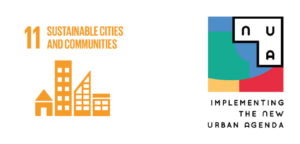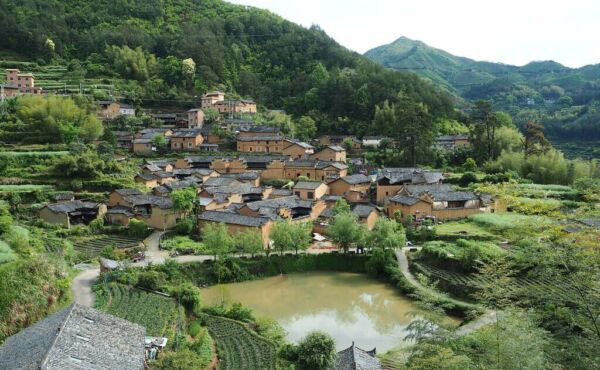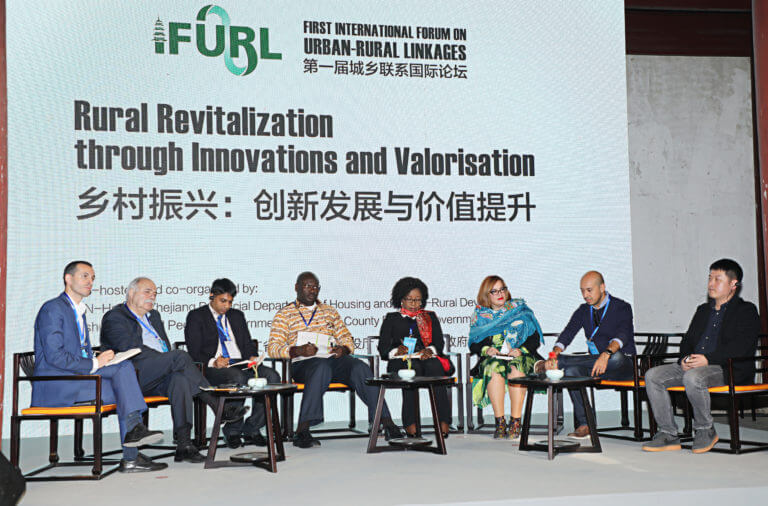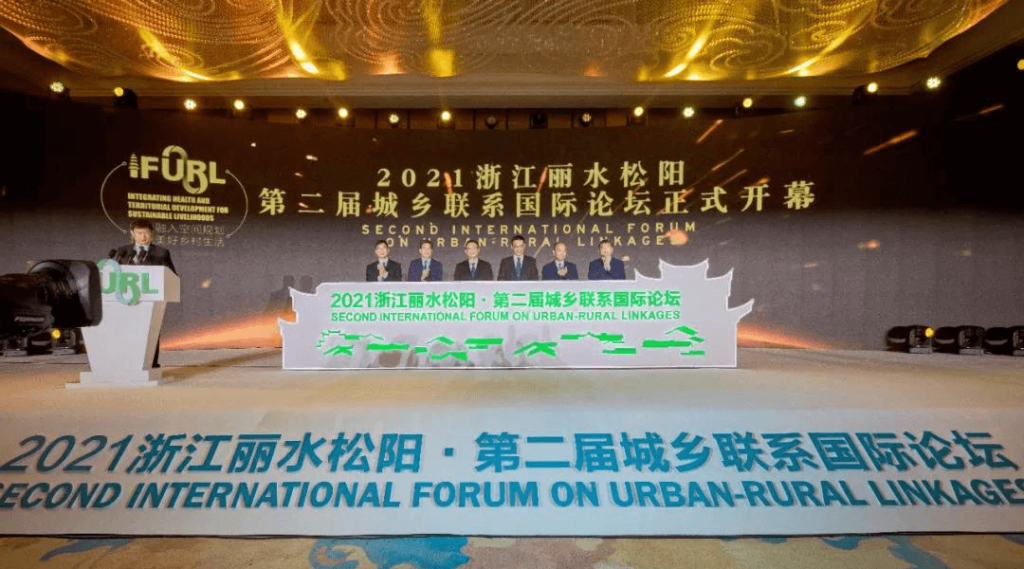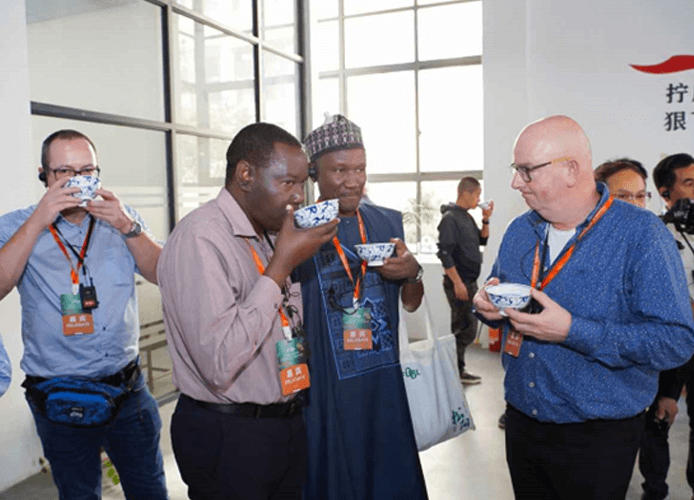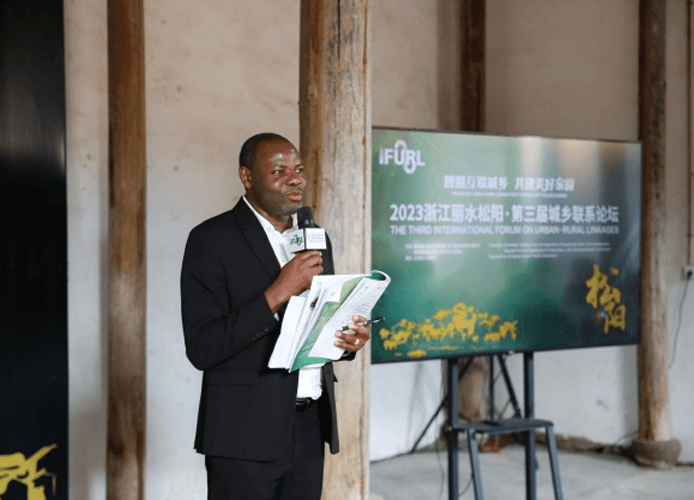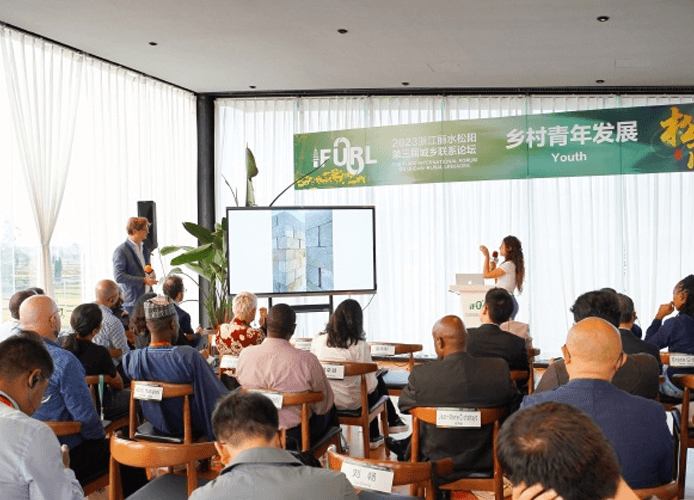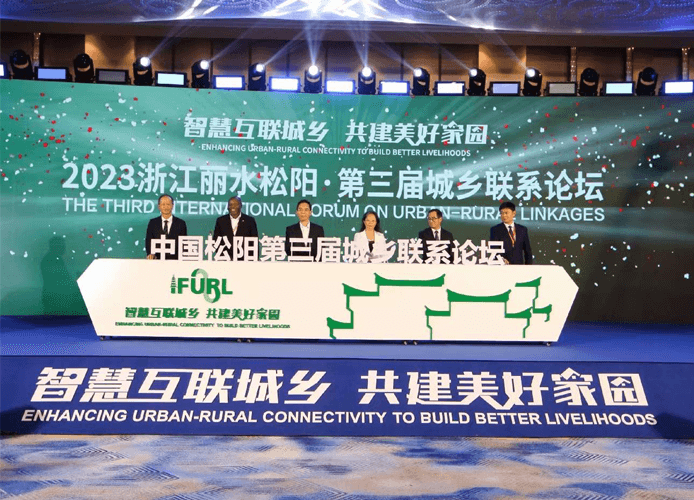IFURL
Cities and villages are indispensable for the sustainable development of mankind, which urbanization processes are extremely important. In order to highlight the concept of rural region revitalization, which has been neglected, UN-Habitat proactively responds to the ongoing United Nations’ reform through innovation and opens itself to bold new tools, technologies, and ideas on sustainable urban and rural development. More on the work of UN-Habitat on urban-rural linkages can be found here.


Urban rural linkages approach aligns with most Sustainable Development Goals and more explicitly Goal 11 which “promotes sustainable cities and communities, and supports positive economic, social, and environmental links between urban, peri-urban, and rural areas.”
Over 195 member States committed to the New Urban Agenda (NUA) which promotes sustainable development in both urban and rural areas with a vision of Leaving No one behind.
As the United Nations agency for human settlements which comprises of not only cities but also the surrounding settlements, UN-Habitat is mandated to foster the implementation of SDG 11 and NUA.
The International Forum on Urban-Rural Linkages (IFURL) is one of the key activities of the UN-Habitat Urban-Rural Linkages work which includes, capturing, analyzing and disseminating the inspiring practices globally on the subject. It serves as a platform to promote urban rural linkages for sustainable development and wellbeing for all across the urban-rural continuum. It also provides the opportunity of learning country-specific case studies, innovative approaches and tools, emerging knowledge on territorial development to diverse stakeholders from government, academia, civil societies and private sectors. In this way, all stakeholders are able to learn from each other. The past IFURL events have been co-hosted and co-organized by UN-Habitat, the Zhejiang Provincial Department of Housing and Urban-Rural Development, the Lishui Municipal People’s Government, and the Songyang County People’s Government
The First IFURL took place in Songyang County, Lishui City, Zhejiang Province, China, on 10-14 November, 2019. The theme of the first forum was “Rural revitalization through innovations and valorization”.
Over 200 participants from 17 countries and 18 international organizations attended the Forum, featuring 37 presentations on different themes and producing the “Songyang Consensus.”
The Second IFURL held on 19-20th October, 2021 shaped its theme as “Integrating Health and Territorial Development for Sustainable Livelihoods” building on the first Forum’s success and articulation of rural revitalization. Challenged by the COVID-19 pandemic, more issues occurred, such as reverse migration from urban areas to rural areas, and the territorial inequities of the health systems, lack of access to health facilities, disproportionately impacts on vulnerable groups along the urban-rural continuum.
The forum was attended by over 200 participants online and on site featuring over 20 presentations on health related issues as planning and governance, food systems, built environment, traditional medicine and COVID-19. The outcomes from the forum can be found in the summary report which provides a synthesis from each session.
Against the backdrop of this year’s Urban October, the third International Forum on International Forum on Urban-Rural Linkages (IFURL3), was held from October 29 to November 1, 2023, marking a significant milestone in the global conversation on urban-rural connectivity. This crucial event, co-hosted by UN-Habitat, the Department of Housing and Urban-Rural Development of Zhejiang Province, the Department of Transportation of Zhejiang Province, Lishui Municipal People’s Government, and Songyang County, China, showcased the bright possibilities of a harmonious urban-rural integration.
With over 180 participants from 17 countries and 18 international organizations, the forum served as a melting pot of ideas, experiences, and solutions. The discussions highlighted significant emerging practices that are revolutionizing the way we think about urban-rural connectivity.


